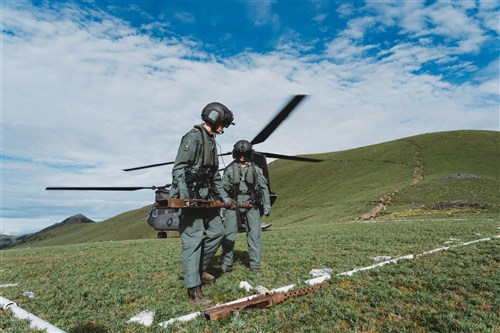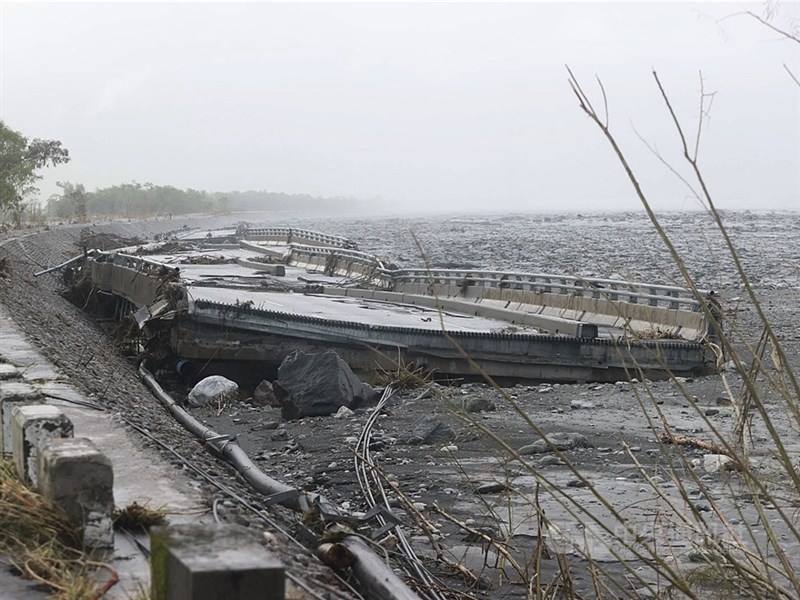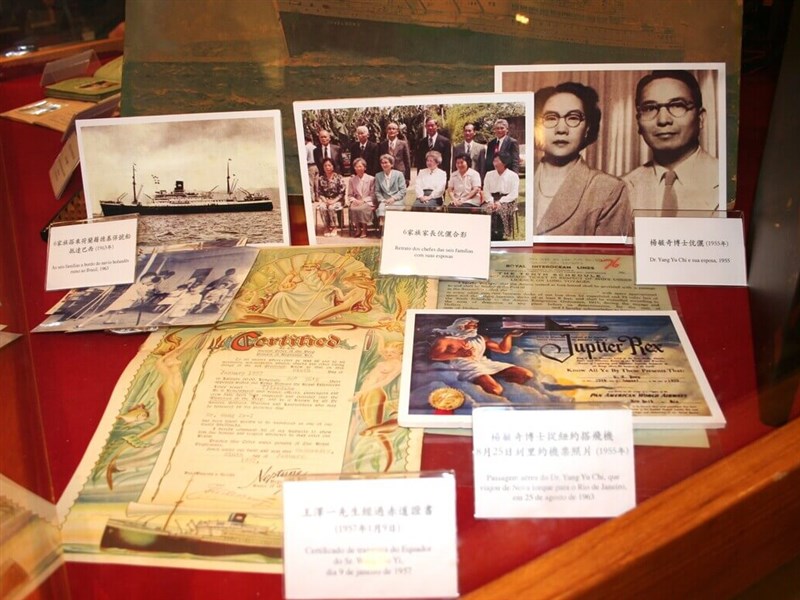FEATURE/Lai to assume presidency amid geopolitical and domestic challenges
05/18/2024 05:24 PM
Vice President Lai Ching-te (賴清德) is set to assume the presidency on May 20, but he faces a carrot-and-stick strategy from Beijing which will put his administration to the test.
(Full text of the story is now in CNA English news archive. To view the full story, you will need to be a subscribed member of the CNA archive. To subscribe, please read here.)
More in FEATURE
![Amid obstacles, Taiwan businessman still seeking WWII tragedy closure]() Amid obstacles, Taiwan businessman still seeking WWII tragedy closureWorld War II may have ended 80 years ago, but for businessman Hsu Shun-lung (許順隆), it continues to echo in Taiwan through a tragedy that has yet to be brought to a final resolution.12/27/2025 09:48 AM
Amid obstacles, Taiwan businessman still seeking WWII tragedy closureWorld War II may have ended 80 years ago, but for businessman Hsu Shun-lung (許順隆), it continues to echo in Taiwan through a tragedy that has yet to be brought to a final resolution.12/27/2025 09:48 AM![Hualien flood leaves Taiwan grappling with disaster response gaps]() Hualien flood leaves Taiwan grappling with disaster response gapsOn Sept. 23, a historic downpour caused the Matai'an Barrier Lake in Hualien to burst its banks, sending 60 million tons of water and debris through Guangfu Township and killing at least 19 people.10/16/2025 05:02 PM
Hualien flood leaves Taiwan grappling with disaster response gapsOn Sept. 23, a historic downpour caused the Matai'an Barrier Lake in Hualien to burst its banks, sending 60 million tons of water and debris through Guangfu Township and killing at least 19 people.10/16/2025 05:02 PM![Fala Formosa! Taiwanese expats to Brazil carve 7 decades of immigrant stories]() Fala Formosa! Taiwanese expats to Brazil carve 7 decades of immigrant storiesSão Paulo is not typically thought of as a hotspot for Taiwanese restaurants and Boba tea shops, much less places that attract long lines of patrons.10/03/2025 04:08 PM
Fala Formosa! Taiwanese expats to Brazil carve 7 decades of immigrant storiesSão Paulo is not typically thought of as a hotspot for Taiwanese restaurants and Boba tea shops, much less places that attract long lines of patrons.10/03/2025 04:08 PM
Latest
- Business
Taiwan shares close down 0.25%
01/08/2026 01:54 PM - Society
Snow falls on Alishan for first time since 2018
01/08/2026 01:18 PM - Society
Cold surge warning issued for 18 Taiwan municipalities Thursday
01/08/2026 11:04 AM - Business
U.S. dollar up in Taipei trading
01/08/2026 10:31 AM - Business
Taiwan shares open lower
01/08/2026 09:59 AM


